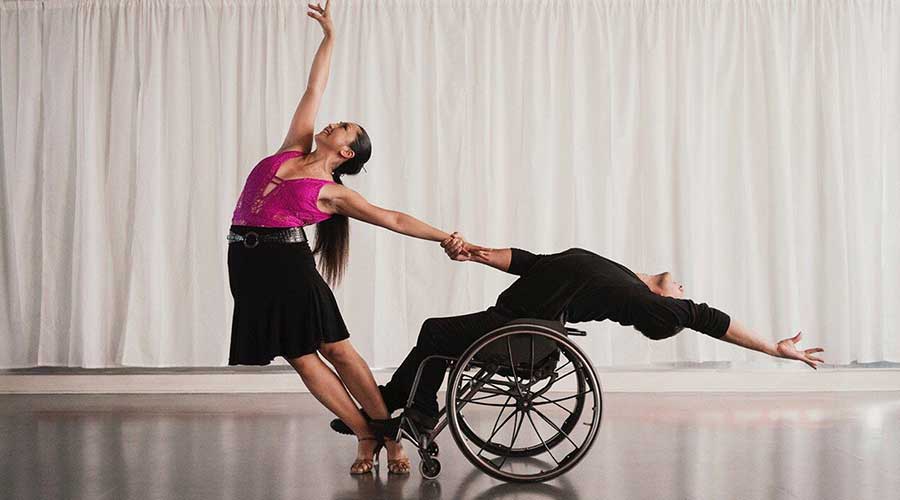GOLDEN RETRIEVER, AN INSTAGRAM STAR, EARNS? 8 CRORE A YEAR
- 30 Mar - 05 Apr, 2024

Six months after suffering a rare form of stroke in 2006 that left her paralysed from the neck down, Marisa Hamamoto walked out of the hospital. But the psychological scars remained. She left the dance world completely for nearly four years. A holiday party featuring salsa dancers reignited her love for dance and led Hamamoto to take up ballroom dancing. That's when, by chance, she discovered the world of wheelchair dance as well. "I did some research and learned that one in four people have a disability, and the arena of dance and disability is very underdeveloped," she says. "I didn't think it was fair that people with disabilities didn't have equal access." Through social media, she connected with Adelfo Cerame Jr, a wheelchair bodybuilder, and asked if he'd like to try dancing with her sometime. Hours into their session, "I realised dance doesn't discriminate," Hamamoto says. "My soul was telling me I had to share this with the world." Months later, in 2015, Hamamoto formed Infinite Flow, a Los Angeles-based dance company that employs dancers with and without disabilities. "We're changing the narrative around disability and diversity," she says. "We're using dance as a way to dismantle stereotypes." Though she admits there was a learning curve in the mechanics of the choreography, she says she and her team approach it from an optimistic standpoint. "Instead of thinking something doesn't work, we think, 'How can this work?'" she shares. "There's always a way."
COMMENTS